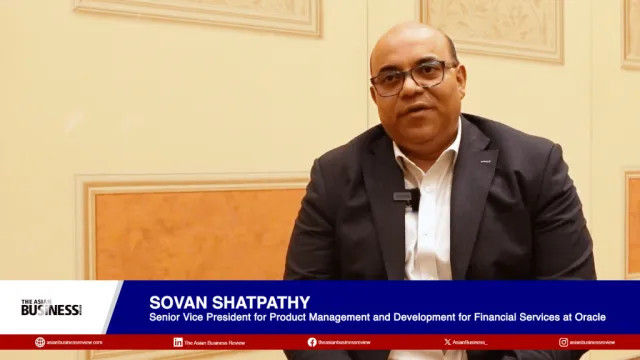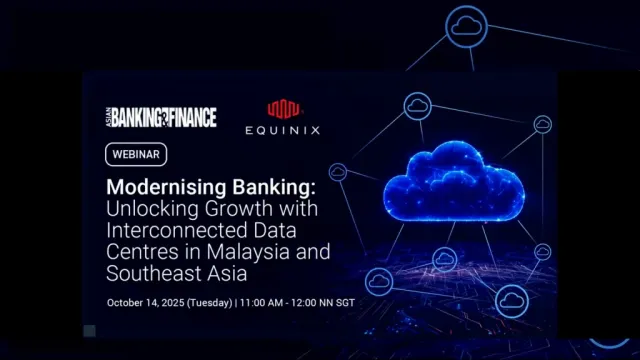Singapore
Visa's Ooi Huey Tyng aggressively eyeing a cashless society
Visa's Ooi Huey Tyng aggressively eyeing a cashless society
Find out what the new country manager for Singapore and Brunei will do differently in her position.
Fears of profit losses escalate for Singapore banks
Macro headwinds will be the culprits.
Deutsche Bank launches dbIntegrate
It is an outsourced solution providing end-to-end execution, settlement and custody services.
4 signs that Deutsche Bank is strengthening its transaction banking business in Asia Pacific
New initiatives include the Asia Accelerator and FX4Cash.
Banque Internationale à Luxembourg signs MOU with Deutsche Bank
BIL will utilize Deutsche Bank’s Autobahn App Market.
Asian banks urged to build AML compliance programs
Asian banking operations face increasing exposure from regulators around the world to AML regulations – though the pressure locally is diverse in approaches and lacks enforcement. This is particularly challenging because regulators from different Asian countries have different approaches - principle-based versus rules-based - and maturity in their regulatory oversight.
Singapore banks selling non-core investments to prepare for Basel III
OCBC sold F&N and APB while DBS sold its stake in BPI.
OCBC to suffer from rising earnings headwinds
Higher-yielding unsecured personal lending will not be enough to offset higher funding costs.
UOB set to grow in Malaysia, Thailand, Indonesia
But the bank may suffer from currency translation losses.
DBS' acquisition of Bank Danamon bound for integration risks
Find out what other risks loom for DBS.
Singapore banks' deposit market share under threat from foreign banks
They have already increased fixed deposit rates at ~1%.
Singapore banks get the jitters from these 2 threats
Net interest gains are under pressure.
Strong Singapore dollar thwarts Singapore's RMB plans
Singapore’s strengthening dollar is preventing the city-state from becoming an alternative to Hong Kong for renminbi deposits.
Standard Chartered's credit quality triggers worries for its wholesale business
Blame it on a sharp pick-up in NPLs and impairments in 1H12.
The 3 best practices mobile money operators in Asia can adopt
6 in 10 consumers hate services that are not user-friendly.
Mountain of evidence reveals a 12% fall in UOB gains
But loan growth will thrive.
Here's why OCBC's Q3 profit is under threat
A 7% contraction looms.














 Advertise
Advertise
















Commentary
Fighting fraud in the digital banking age
Asian banking’s next frontier: Beyond growth, embracing precision
Rethinking cybersecurity: How APAC banks can safeguard against AI-powered threats
Why Singapore’s fast payments need faster protections